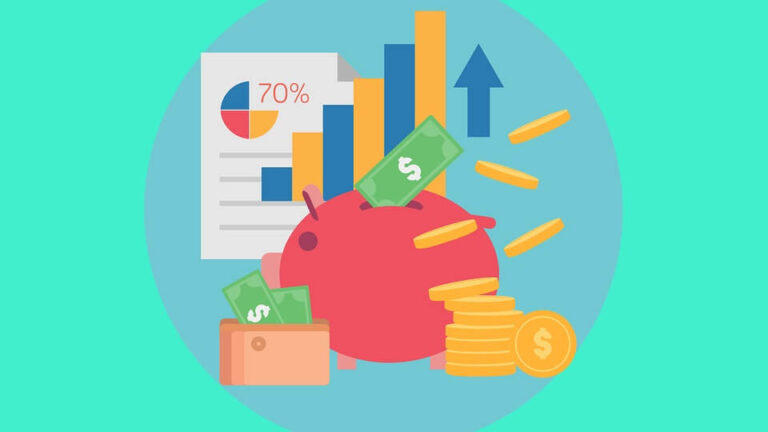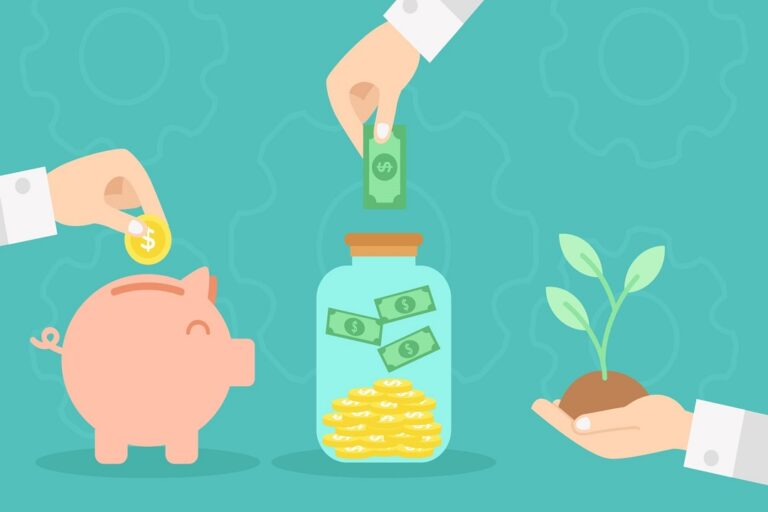In times of economic uncertainty or financial stability, a key question for many people is: should I save or invest my money? The answer depends on several factors, such as your financial goals, level of risk you are willing to take and the time frame in which you want to see results. Both paths have benefits, but also limitations that should be carefully analyzed.

Saving is the first step to any good financial health. It consists of saving a portion of your income in bank accounts, time deposits or emergency funds. Its main advantage is security and liquidity: you can dispose of the money quickly in case of need. However, money saved in traditional products usually generates a low return, which often does not compensate for inflation.
Investing, involves putting your money to work in financial instruments such as stocks, bonds, real estate, or mutual funds. Although it carries more risk, it also offers greater potential for long-term gains. Investing well-informed and diversifying your assets can help you build solid wealth and overcome the loss of money value over time.

The ideal is to combine both strategies. Saving for emergencies and short-term needs is fundamental, but allocating part of your income to smart investments can make your money grow exponentially. Educating yourself financially, seeking reliable advice and understanding your risk profile are essential steps to make the right decisions.
Making the most of your money’s profitability is not about choosing between saving and investing, but about finding the balance between security and growth. With planning and discipline, it is possible to reach your financial goals and improve your quality of life in the future.








